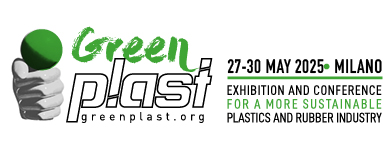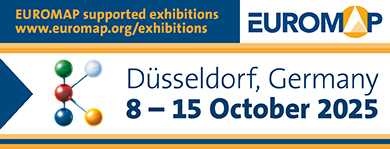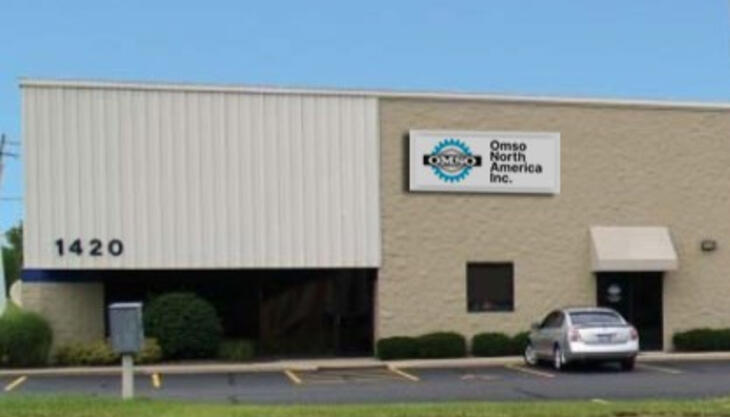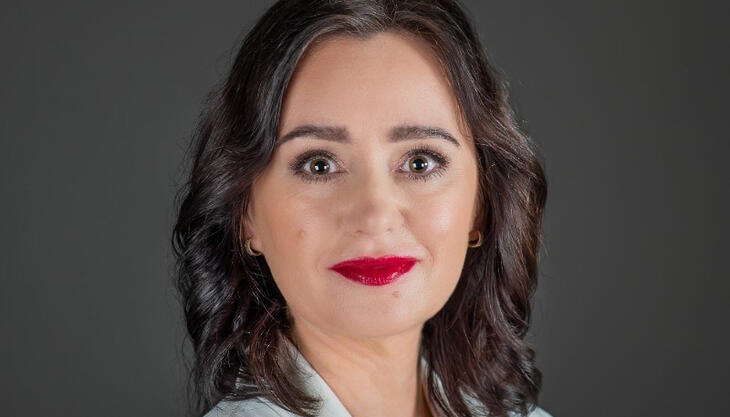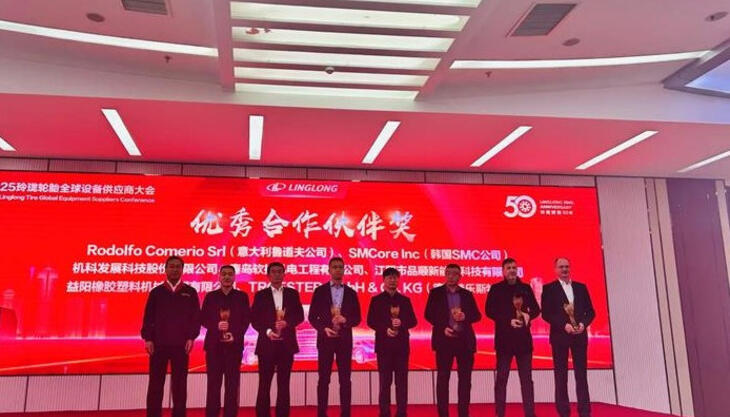Clamadieu appointed president of Cefic
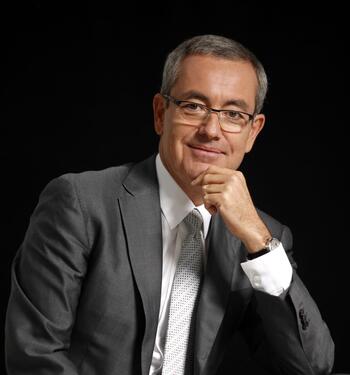
On October 17, Solvay CEO Jean-Pierre Clamadieu was elected president of Cefic, the European chemical industry Council. Clamadieu will take over the leadership from Basf Chairman Kurt Bock, who completed his successful two-year term.
In his first address as Cefic president, Clamadieu outlined his goals for the next two years during the chemical trade body’s annual meeting in Paris. He stressed it was vital for Europe’s 29,000 chemical companies and their 1.2 million employees to stay competitive. Overall investment in European chemical production is falling and some European industrial value chains are at risk.
“If present trends are to be reversed, European authorities should ensure that all EU policies and initiatives take full account of the world’s economic realities and underpin the aim of increasing Europe’s competitiveness. We welcome the new European Commission’s priorities for growth and jobs creation which we hope will be backed by the European Council and European Parliament”, said Clamadieu.
Clamadieu takes the reins at Cefic as chemical industry growth in emerging regions and in the United States continues to outpace expansion in the European Union. EU chemical production is expanding slowly, but its share of global chemical sales has more than halved over the last 20 years, to below 17 per cent. In addition, while the EU chemical trade surplus reached a 48.7 billion euros record in 2013, a bright spot for the sector, it is narrowing due to a slowdown in global demand and the US shale gas boom. Net EU chemical exports for the first half of this year fell by 1.9 billion euros compared with the same period last year. Europe’s chemical sector faces several competitiveness issues, led by high energy and feedstock prices as well as an inconsistency in and lack of EU energy and industrial policies. New challenges lie ahead with the adoption of ambitious climate and energy targets in the years to 2030. Moreover, regulations are running up costs for the industry, hindering innovation in Europe and putting it at a disadvantage against rival regions.“We support and share the EU’s goal to move towards a more sustainable and thriving economy, but our industry can only fully partake if the path towards this goal is affordable. Instead of a high-cost approach, we call on the EU to create incentives to safeguard and ensure the chemical industry’s crucial role in coming up with innovative products and technologies. This will stimulate innovation, lead to new jobs and re-invigorate growth”, concluded Clamadieu.





